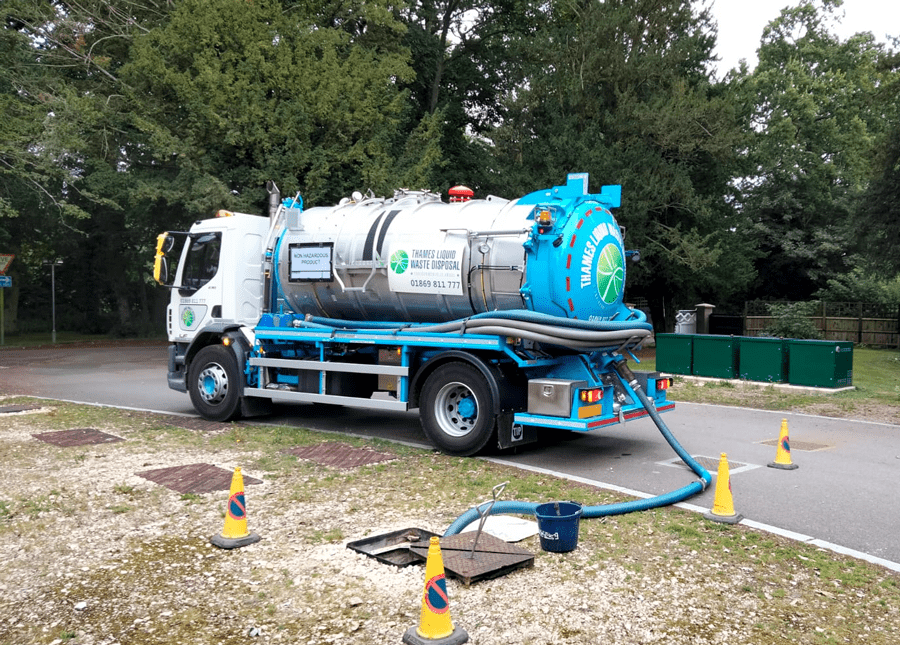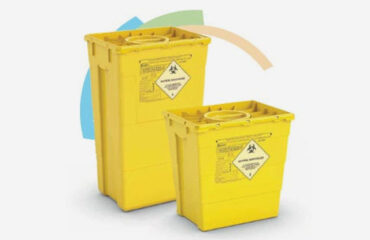Rumored Buzz on Reclaim Waste
Rumored Buzz on Reclaim Waste
Blog Article
Reclaim Waste Things To Know Before You Buy
Table of ContentsThe Single Strategy To Use For Reclaim Waste5 Easy Facts About Reclaim Waste DescribedThe 30-Second Trick For Reclaim WasteTop Guidelines Of Reclaim WasteAbout Reclaim Waste
Check out the types, events, and types of liquid waste. Residential sewer waste refers to the waste and items from a household sewage-disposal tank. This sort of waste is created by humans in houses, colleges, and other structures. This only includes sewage-disposal tanks that have a drain field. The appropriate monitoring and disposal of domestic sewer waste need fluid waste to be transferred to a sewer therapy plant where the proper approaches and equipment are related to purify and get rid of waste.
Commercial waste commonly includes prospective hazards, such as flammable products or a mixture of fluid and strong waste products, and needs an extra advanced and in-depth disposal procedure. The disposal of commercial waste normally involves the filtration of waste prior to transport to ensure risk-free and correct disposal. Hazardous waste is developed from byproducts and overflow of commercial procedures and manufacturing.
This kind of waste can not utilize the very same sewer management transportation or processes as septic or industrial fluids. The hazardous waste monitoring procedure requires the inspection and testing of liquid waste before it goes through the disposal procedure (liquid waste disposal melbourne). Runoff waste is the liquid waste that comes from overflow and excess stormwater in highly populated areas or cities
Drainage waste can cause contamination and flooding if not taken care of correctly. Discover a lot more concerning drain cleansing and waste management. Making sure appropriate waste monitoring can protect against catastrophes and reduce ecological injury. Both individuals in residential settings and professionals in commercial or manufacturing sectors can profit from comprehending the processes and policies of liquid waste monitoring.
More About Reclaim Waste
Call PROS Solutions today to find out regarding our waste management and disposal solutions and the correct methods to look after the liquid waste you generate.
(https://sitereport.netcraft.com/?url=https://reclaimwaste.com.au)Do you know what takes place to your water when you draw the plug, flush the toilet or drain pipes the washing device? No? Well, it's worth recognizing. This supposed 'wastewater' is not just a crucial resource but, after therapy, will certainly be released to our land, rivers or the sea. Utilized water from toilets, showers, baths, kitchen area sinks, washings and commercial procedures is recognized as wastewater.

water made use of to cool equipment or tidy plant and devices). Stormwater, a form of wastewater, is drainage that streams from farming and metropolitan areas such as roofs, parks, yards, roadways, courses and rain gutters into stormwater drains pipes, after rainfall. Stormwater flows neglected directly to regional creeks or rivers, eventually getting to the ocean.
The Reclaim Waste PDFs
In Queensland, the majority of wastewater is treated at sewage treatment plants. Wastewater is transported from domestic or industrial sites via a system of sewers and pump stations, referred to as sewerage reticulation, to a sewage treatment plant. City governments build, maintain and operate most sewage treatment plants. Operators are licensed under the Environmental Protection Act 1994 to discharge cured wastewater at an acceptable ecological requirement into rivers.
The Division of Natural Resources suggests city governments regarding managing, operating and preserving sewerage systems and treatment plants. In unsewered locations, neighborhood federal governments might call for homeowners to set up individual or household sewer therapy systems to treat domestic wastewater from commodes, cooking areas, shower rooms and laundries. The Department of Natural Resources authorizes using home systems when they are shown to be effective.
A lot of stormwater obtains no treatment. In some new communities, therapy of some stormwater to eliminate trash, sand and gravel has started making use of gross contaminant catches. Wastewater treatment occurs in 4 phases: Gets rid of solid issue. Bigger solids, such as plastics and various other objects incorrectly discharged to sewers, are gotten rid of when wastewater is travelled through screens.
Uses small living microorganisms understands as micro-organisms to damage down and remove continuing to be liquified wastes and great fragments. Micro-organisms and wastes are integrated in the sludge.
Not known Details About Reclaim Waste
Nutrient removal is not readily available at all sewer treatment plants because it calls for expensive specialized devices. Clear liquid effluent created after therapy might still have disease-causing micro-organisms - liquid waste disposal melbourne.

Many wastewater flows right into the sewerage system. Under the Act, neighborhood federal governments administer authorizations and permits for environmentally relevant tasks (Ages) involving wastewater releases that could have a local influence.
The Of Reclaim Waste
Or else, samples are considered lab evaluation. Typically several tests are needed to develop the degrees of each of the different contaminants such as oils, hefty steels and pesticides in water. Tracking supplies valid information regarding water high quality and can validate that permit conditions are being satisfied. The info gotten via monitoring offers the basis for making water top quality decisions.
Report this page